Monday’s report from the UNC Board of Trustees drew protests for its recommendations concerning the future of the Confederate monument on the Chapel Hill campus known as Silent Sam.
The board’s advisement to the UNC Board of Governors that the monument be returned to campus in a new $5 million facility was disappointing, if unsurprising, student organizers said Monday.
But perhaps overshadowed by its conclusion regarding Silent Sam, the report also calls for new expansions of UNC Police capability, including a 40-person fast-response police unit, a “mobile force platoon,” to support campus police across the UNC system in response to future protests.
Key findings from a panel of security experts concluded that, though UNC campus police are capable of handling day-to-day operations on campus, they are unprepared for what the security panel called a new, different nature of protest seen on-campus.
The security panel of brought on by the Board of Trustees included Chris Swecker, an attorney and former FBI Assistant Director, an NYPD Chief of Detectives and a retired-Major General in the US Army Special Forces Command, Edward Reeder.
In addition to the new mobile response platoon, the safety panel recommended UNC Police acquire greater capabilities in the area of crowd control, protest management and intelligence gathering. They also recommended enhanced training for UNC Police, improvements in operational plans, and greater clarity with respect to rules of engagement. The panel said they had already begun the process of making some these changes.
At the press conference on Monday, Mark Merritt, UNC’s general counsel, said that campus police currently had to rely on other police agencies for support for large-scale protests.
“Our security consultants have told us that there’s not a campus police force in the country that is really geared to deal with these large-scale protests, which is why we have to rely on these mutual-aid agreements and pull in resources from places like the Orange County Sheriff’s Office,” Merritt said.
The security panel said relying on other agencies for support is not ideal for the administration. The availability of local police departments during large protest is not assured due to “political pressures” or conflicting demands, the report concluded.
The mobile unit would cost $2 million annually and require the expenditure of $500,000 for equipment costs, according to the report.
The report and appendices can be found through the Board of Trustees website.

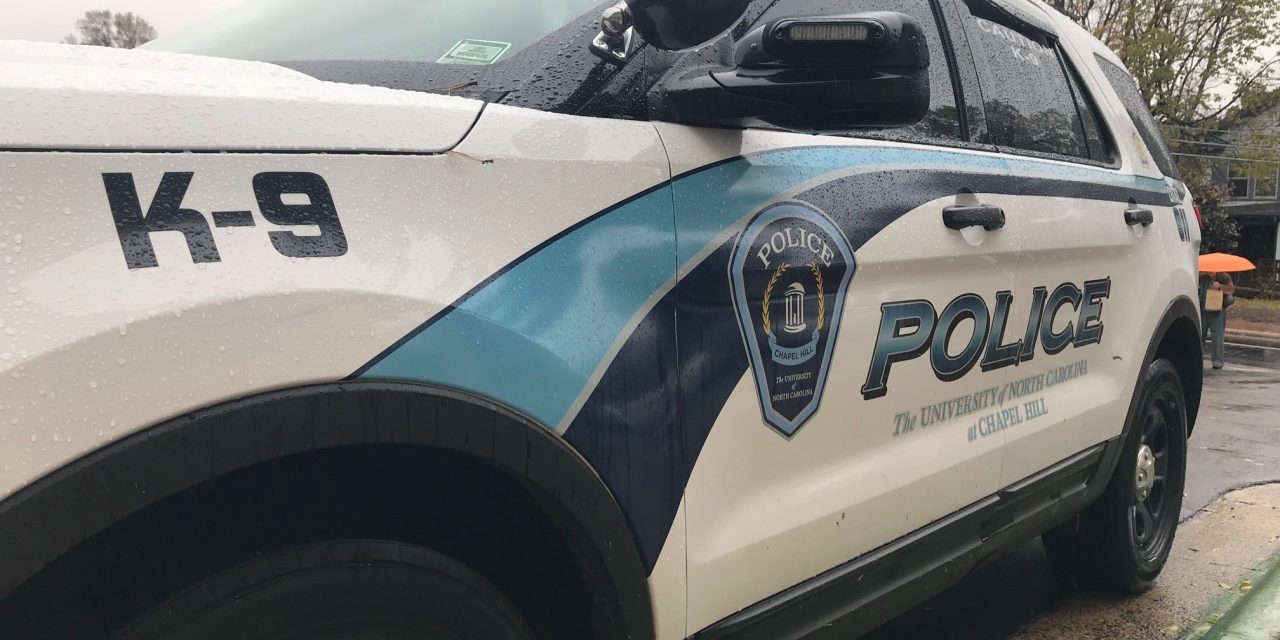
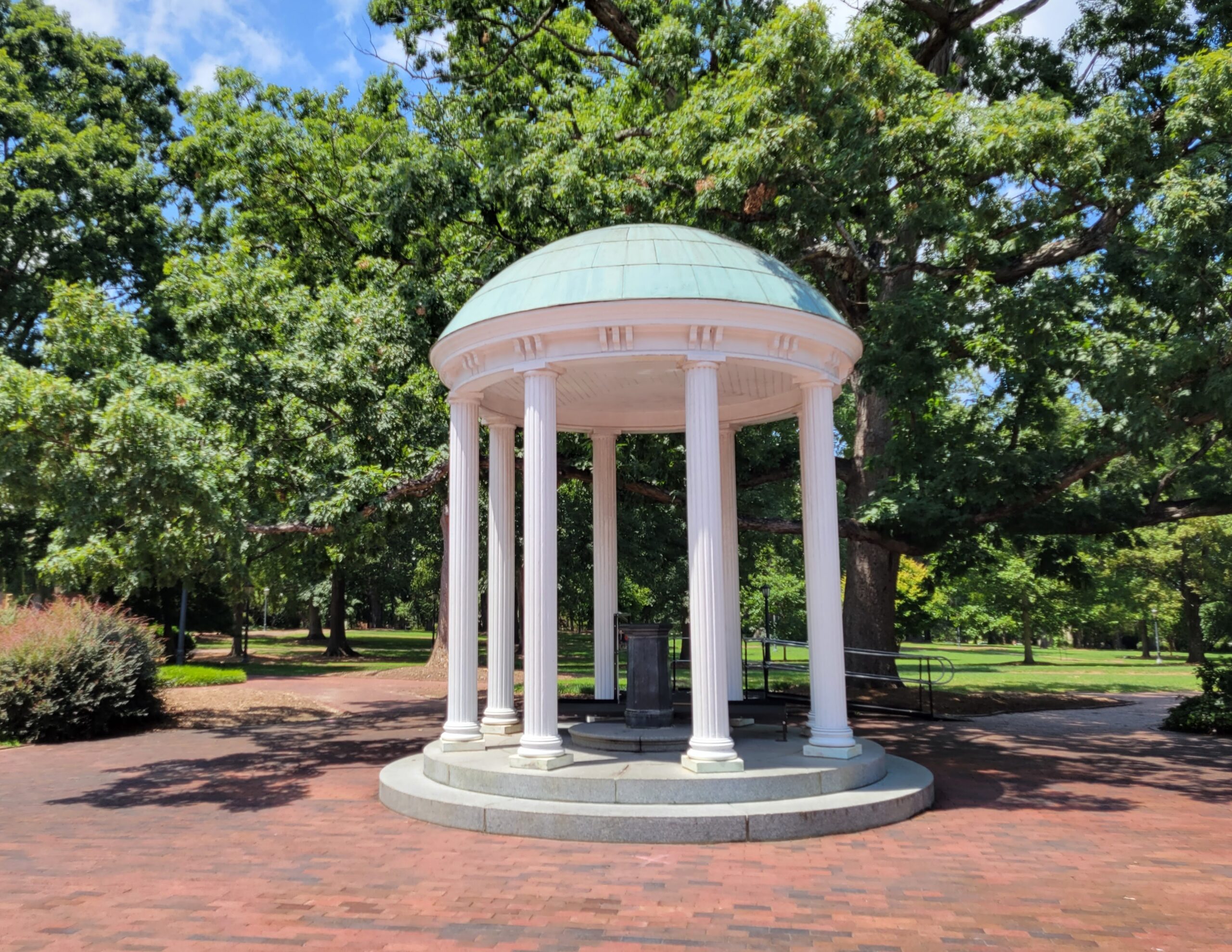
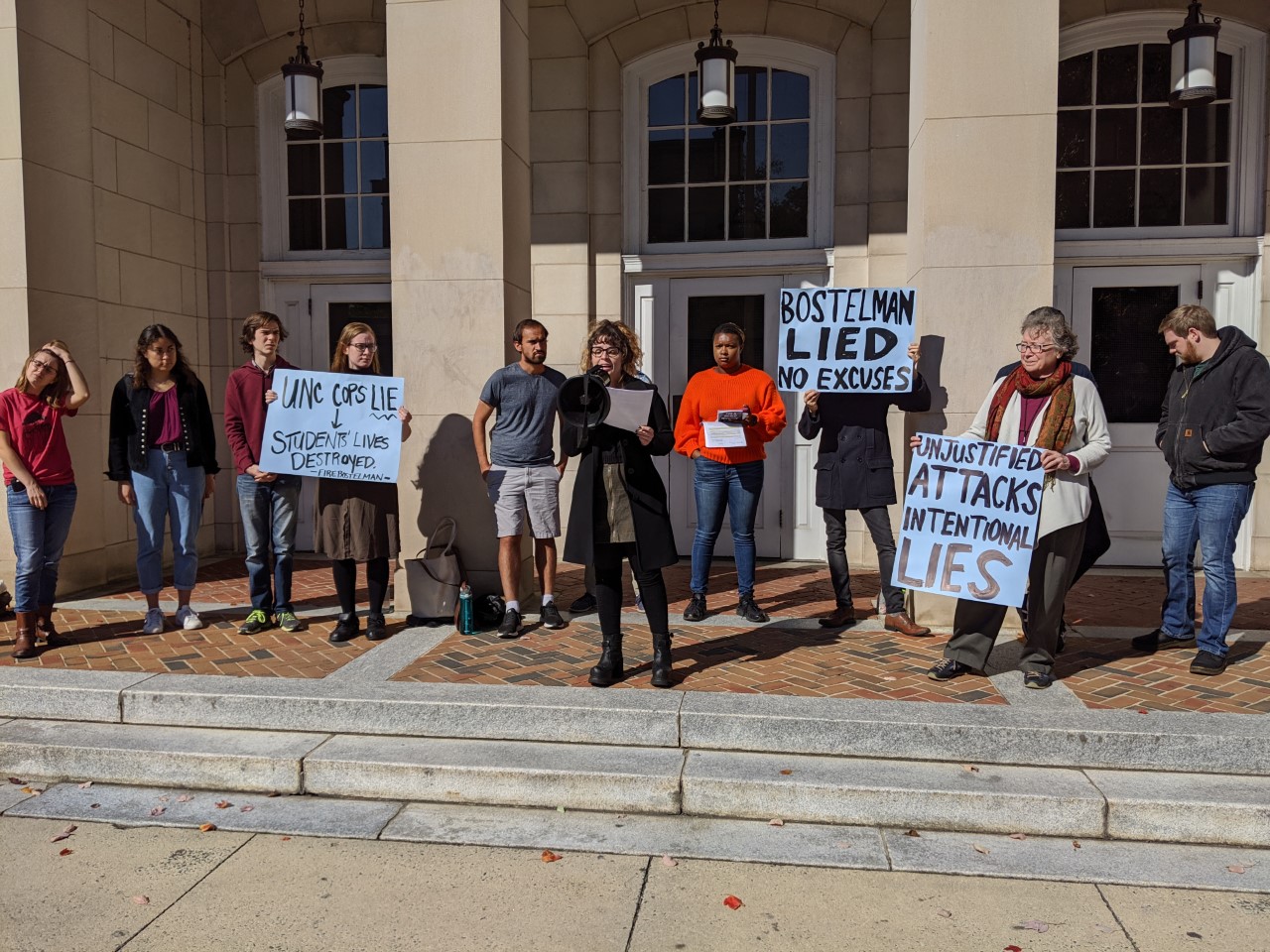
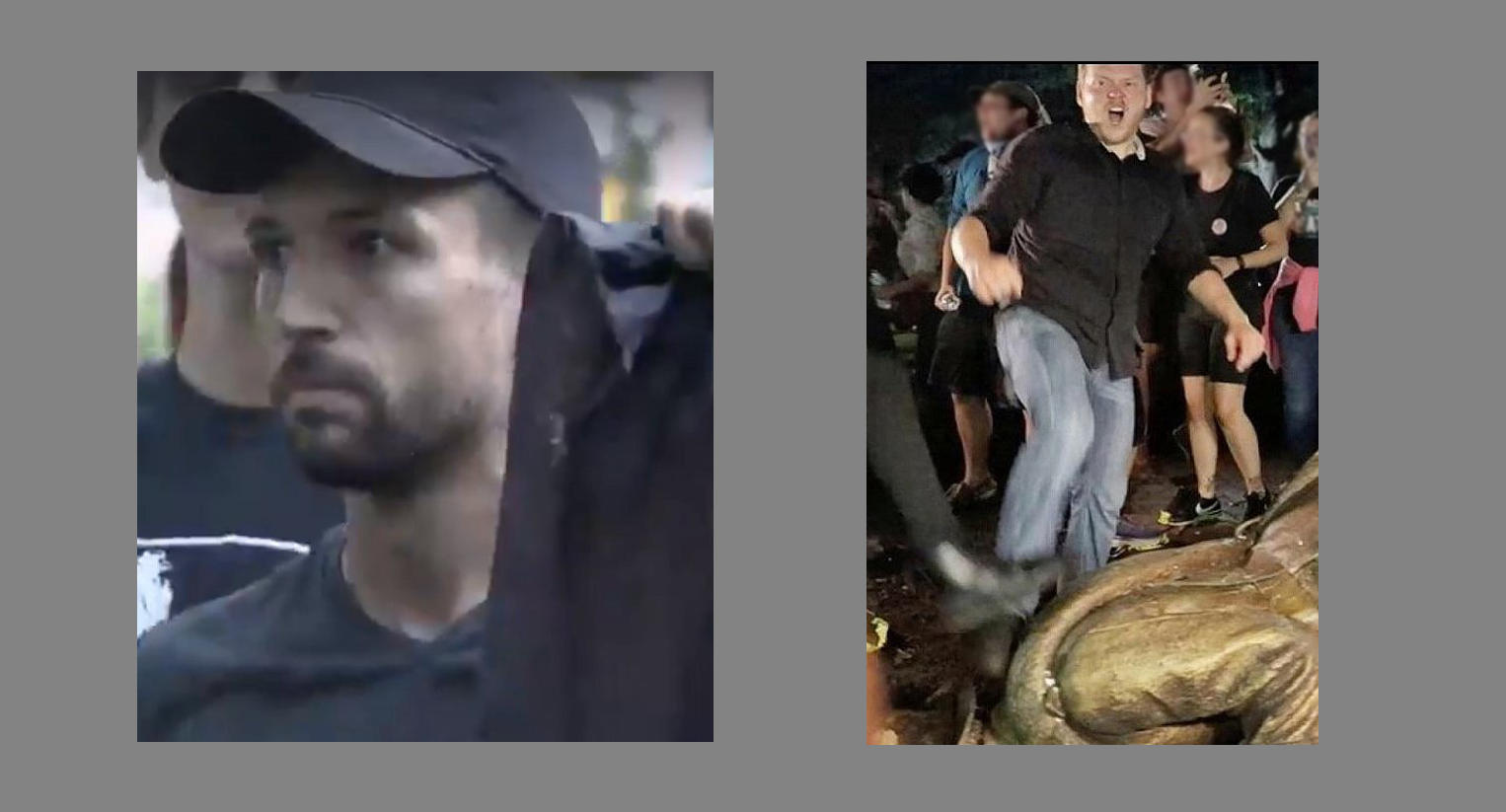
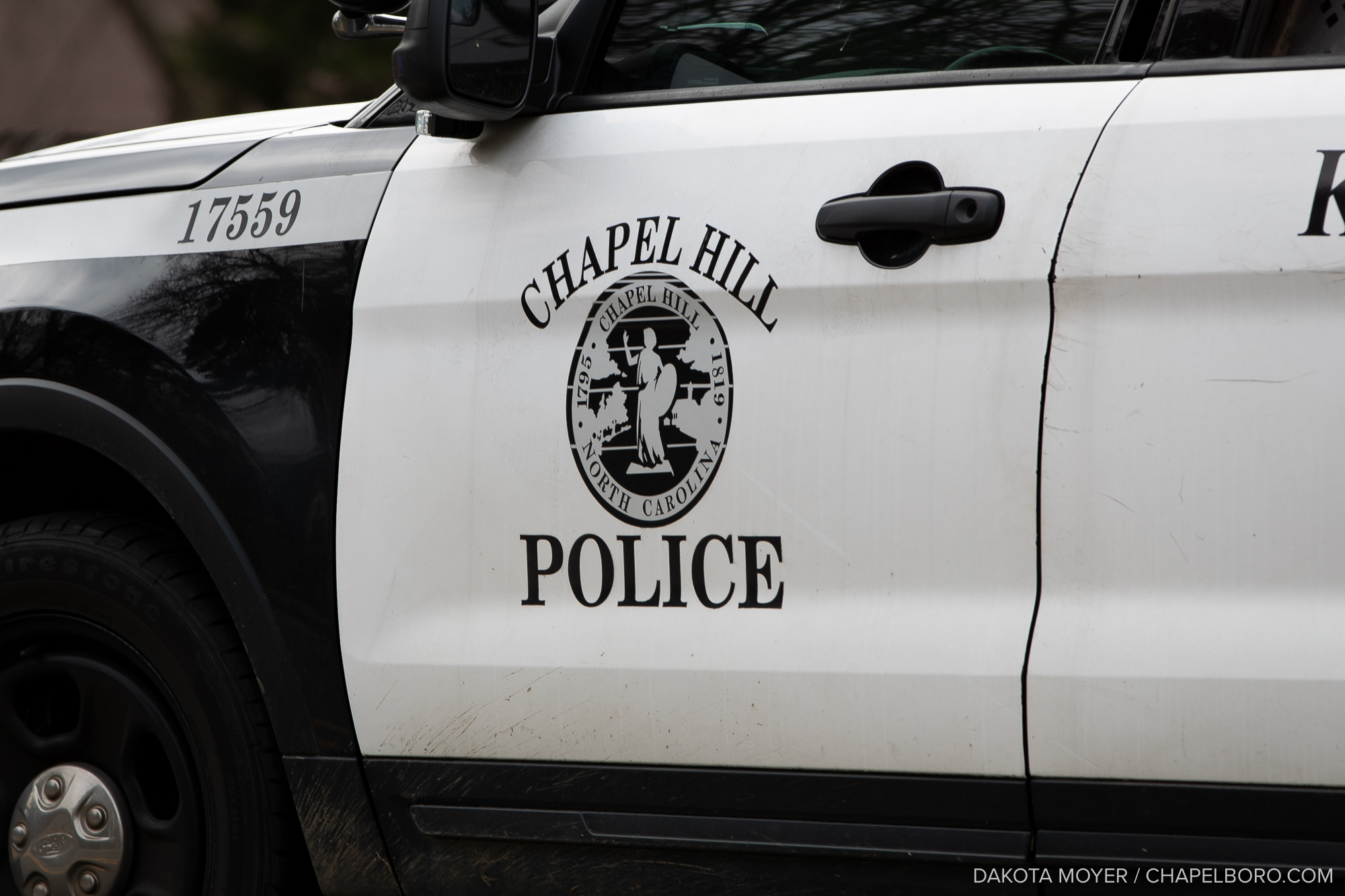

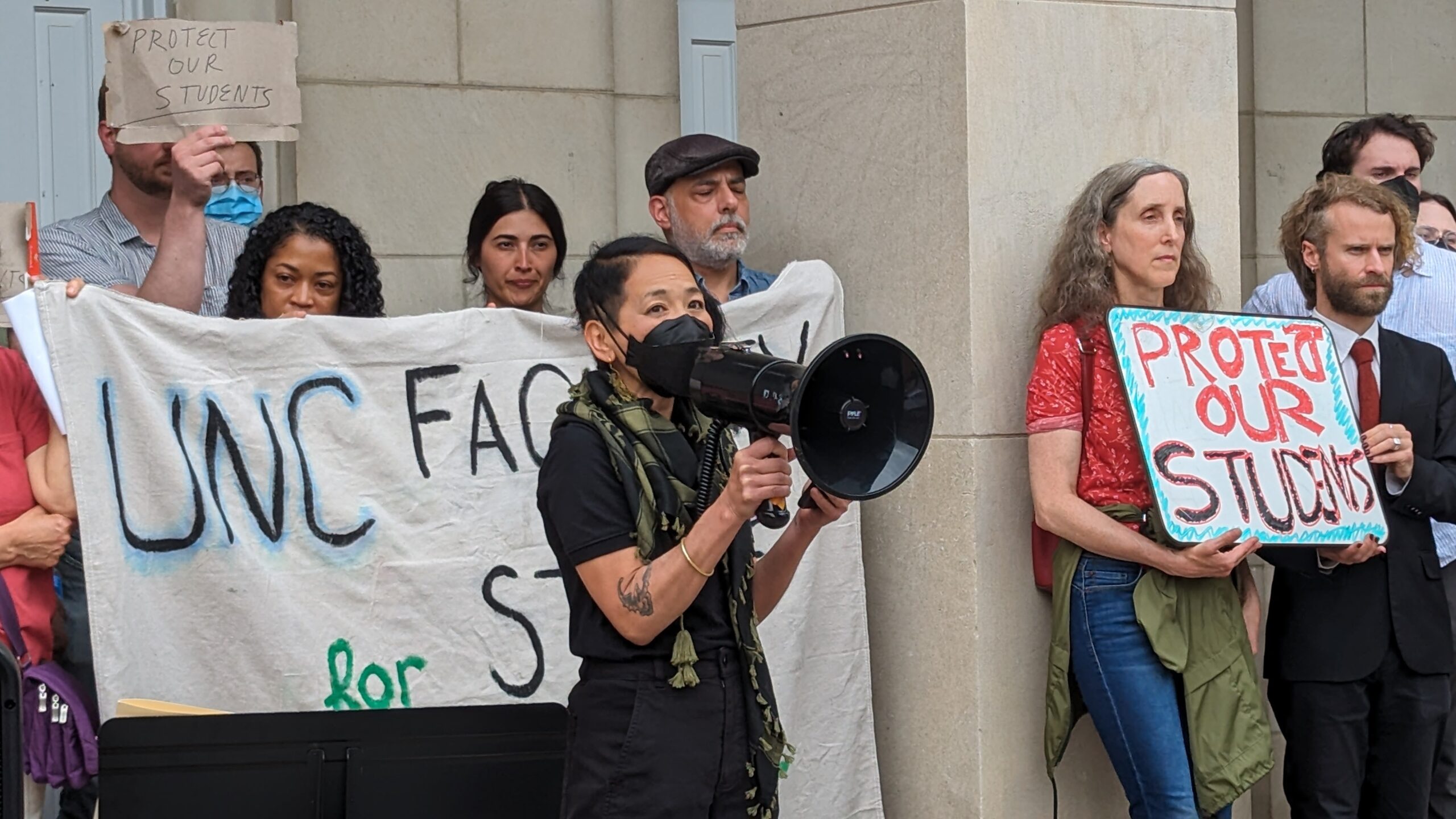

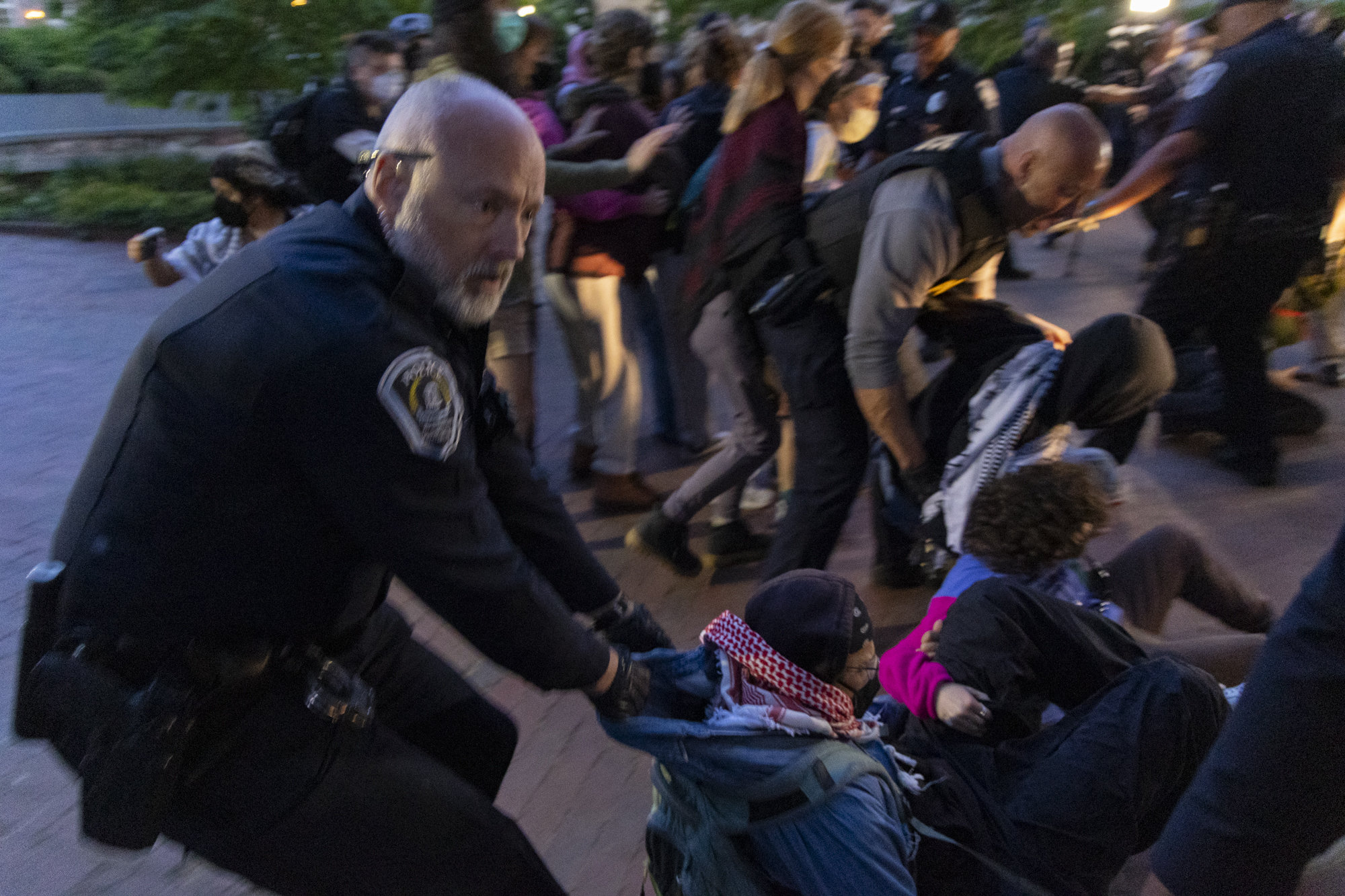

Carol Folt and the BOT owe an apology to Chapel Hill, Carrboro, and Orange County law enforcement and courts for impugning their professionalism and decisionmaking.
The proposed militarization of campus police across the UNC system is shameful. At UNC-CH there has already been undercover surveillance and police brutality with pepper spray and bicycles used against anti-racist students, as well as multiple arrests. UNC has mischaracterized these events, demonizing students while employing the rhetoric of false equivalency to ignore the white supremacists who have been escorted on and off campus while making threats and also attacking students. The proposed shrine to white supremacy on UNC’s campus and a “Mobile Response Platoon” costing millions is the real danger here.